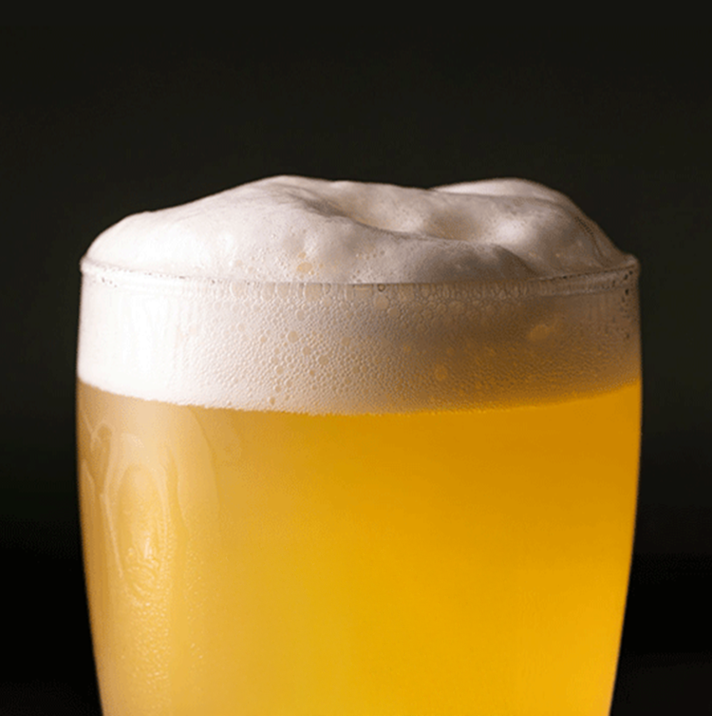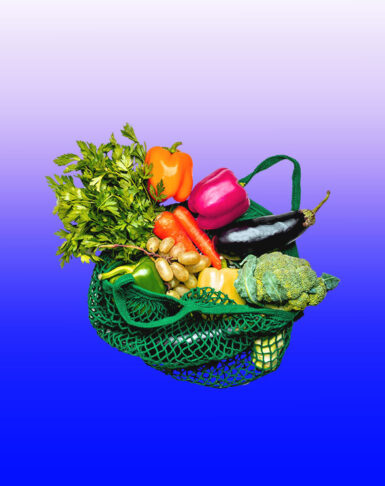This article originally appeared in Raconteur.
Lidl customers in Northern Ireland, rejoice! You’ll soon be able to have a well-earned, rewarding beer for diligently doing your grocery shopping. After years of a legal tussle that included application rejections and complaints from local off-licence players, the discount supermarket chain was finally given the green light to open a pub in one of its stores.
Yes, Northern Ireland (let alone the UK) might not need a new pub and you may wonder how on earth the retailer was able to sway the court its way considering the tough-as-nails alcohol licensing laws in the country. Reasons against it were plenty. Convenience stores nearby cried their eyes out. But legal arguments aside, Lidl used the strength of its brand to reach an agreement with local bar owners to surrender their licence so it could take it on.
And some cash. Loads of it. In fact, the retailer committed to investing around £400,000 to fully outfit the joint to service its loyal customers. Taproom included.
What sparks curiosity is the moment that this is all happening. Why this, why now? In today’s day and age, any health-aficionado pundit could easily build a bullet-proof business case against the ROI of pubs. But when it comes to Lidl, it’s less about the product being sold than the experience it consistently provides its customers. And this case is simpler to make.
Kings of simplicity
In fact, Lidl secured the top spot in our 2023-2024 World’s Simplest Brands study. The retailer outperformed tech and consumer goods giants by deploying five simple strategies that make customers’ lives easier; among those, “an ability to harness the power of its customer base, recognising that its customers are not just consumers but potential brand advocates.”
Lidl is one of those brands whose proposition is so clear and compelling that it fosters a sense of loyalty and trust; therefore, the retailer is able to turn its satisfied customers into genuine ambassadors who promote the brand organically to friends and family. And this loyalty results in more revenues, feeding into a virtuous cycle where all parties walk away feeling they’ve made a good deal.
Look no further than Lidl’s staggering performance in December 2024, with its turnover surpassing £1 billion during the festive period. How? Well, according to a study by Kantar, this figure was fuelled by 35 million additional shopping trips made to Lidl stores by existing customers compared to the previous year. And those same customers put over 267 million more items in their baskets than the year before.
When it comes to loyalty, simplicity pays.
Not thrifty, nifty
We all know it. In one way or another, the retailer’s tagline creeps up in your mind and you find yourself thinking ‘Big on quality, Lidl on price’. It’s so simple and easy to understand that it became a war cry for the great-value-for-money-I’m-not-paying-for-unnecessary-stuff-budget-conscious customer. It became the measuring stick for optimised grocery shopping. But most importantly, the tagline was able to successfully shed light on value, without overutilising the word.
Because when it comes to shopping habits, people don’t like to be seen as stingy; they’d rather be labelled as discerning, especially in today’s economy. Lidl’s value for money is delivered through operation efficiency and a strong private label offering that rivals big-name brands at lower costs, creating in customers a sense of excitement for winning at the tills. And that feels good, doesn’t it?
Creating a cult following
In the UK, a pub is traditionally a social hub: it serves as a gathering place for locals. It’s where you go to socialise during quiz nights. It’s where you watch football with your mates on a Saturday afternoon. It’s pretty damn much a cultural institution. Ironically, a German retailer had the vantage point to seize this opportunity: by integrating a pub into its store, Lidl is moving beyond just being a supermarket—it’s positioning its brand as a community destination, a place to unwind before or after grocery shopping, mingle, or just purely kill time.
As always, customers will decide if it’ll be a successful proposition. But at the very least it shows Lidl’s willingness to experiment with new formats. It proves that it understands local customs to create a more engaging shopping experience, while still retaining its authentic tone. It leverages the power of its brand––and how well its customers understand it––to shift the perception of supermarkets from purely transactional spaces to more experiential ones.
Think how this initiative could boost foot traffic, giving customers a reason to spend more, or more time, or more often. It strengthens an emotional bond with its community, which not only feeds into Lidl’s well-established loyalty but also attracts new customers; in 2024, the retailer recruited an additional 326,000 shoppers––more than any other supermarket in the UK.
That’s cult icon-esque. And that’s something that the local bar owners realised before surrendering their alcohol license to Lidl.
Setting new standards
Lidl’s pub initiative is a bold move that goes beyond just selling products—it taps into community-building and innovation. It enhances its reputation as a forward-thinking brand, that knows who it is and what it stands for, but also what its customers expect from it: an effective shopping experience, truthful to local customs, high on quality, Lidl on price. In short, when customers expect simplicity, Lidl delivers.
So watch this space. It might just set a precedent for how supermarkets evolve to blend shopping with social engagement, one pint at a time.
Patrick Kampff is Senior Strategy Director at global brand consultancy Siegel+Gale.


